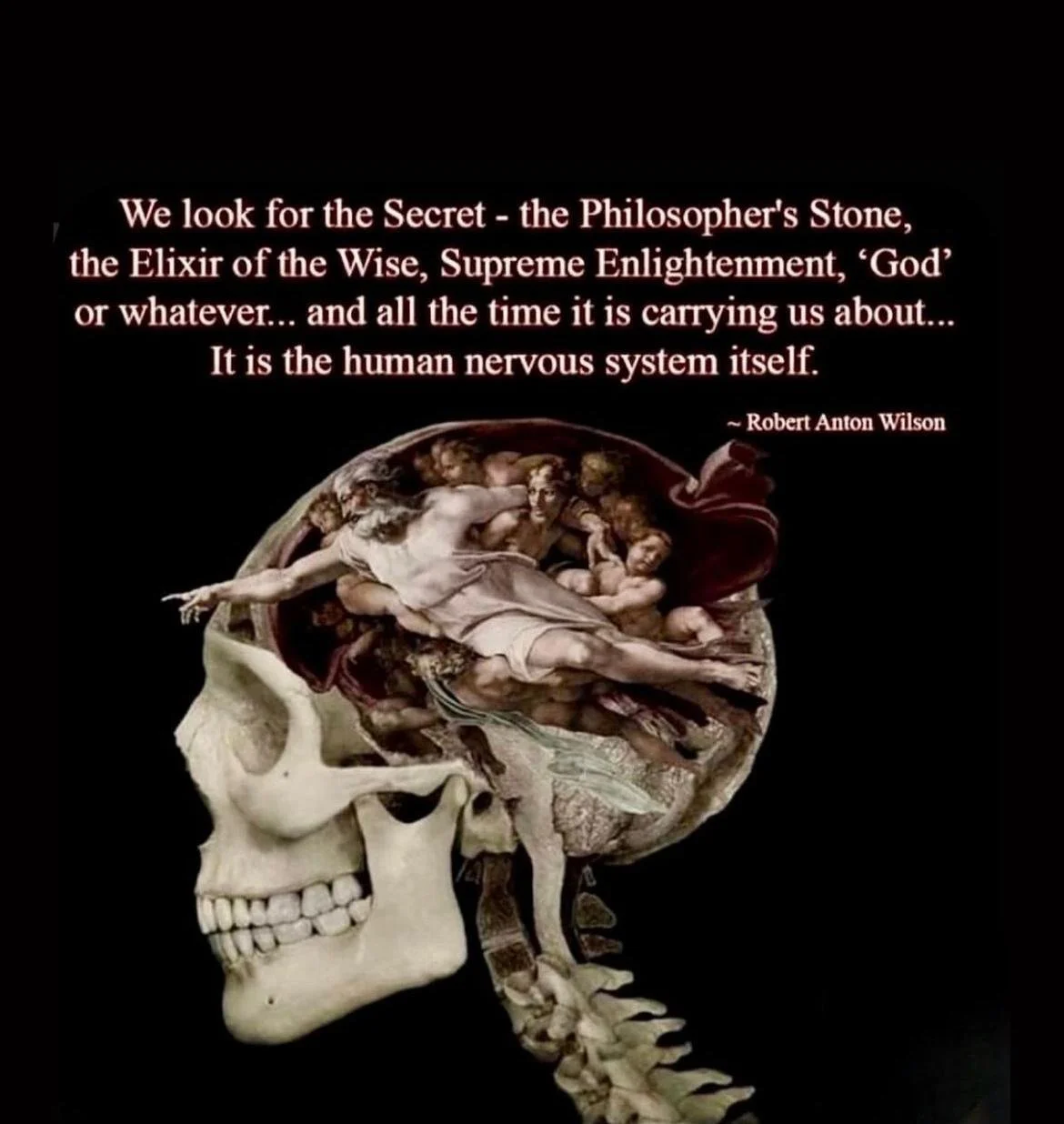Feeling Better as a HSP, Where Should I Begin?
For many HSPs, life feels like walking a tightrope between intense sensory overload and the deep yearning to be seen, heard, and understood. Their sensitivity can often be perceived as a burden, leading to years of masking their true nature to fit into a world that may feel too harsh or fast-paced.
From an early age, many HSPs learn to numb themselves as a way of protecting their delicate nervous systems. Dissociation becomes a tool—a way to shield against the overstimulation that comes from being so attuned to the energies and emotions around them.
While this can serve as an early defense mechanism, it often leads to disconnection, not only from others but also from their own bodies and emotions. This is why so many HSPs feel a deep sense of loneliness, even when they are surrounded by people. There’s a constant tug of war between wanting to belong and the desire to retreat into the safety of solitude, a place where they can finally breathe.
One of the greatest challenges for HSPs is the overstimulation of their nervous systems. The constant influx of stimuli—whether emotional, sensory, or environmental—can leave the nervous system in a perpetual state of fight-or-flight.
This is especially difficult because, unlike many, HSPs can’t easily "turn off" their sensitivity. Their heightened awareness is not a switch they can control, and this can lead to chronic stress, burnout, and feelings of isolation.
Yet, despite these challenges, there is a profound yearning within HSPs—a deep, almost primal desire to heal, to reconnect with their bodies, and to rediscover the power within their sensitivity.
There is a growing awareness today that HSPs aren’t meant to simply "cope" with the world but rather to thrive by understanding how to harness the gifts of their nervous system. This is where somatic practices and energy work, such as Reiki, come in.
Click on the image below to watch the last episode of the Reiki Talk Series with Maria, who enrolled in the advanced Reiki program a few years ago. 👇
HSPs often carry collective grief, not just their own but from their ancestors who lived in times when sensitivity was seen as a weakness rather than a strength. This intergenerational trauma can sit within the nervous system, making it even harder to feel safe in the body. The liberation many HSPs seek comes from processing these deeply stored emotions—grief, fear, shame—and releasing them through the body.
It’s essential for HSPs to understand that healing isn’t an intellectual pursuit; it’s an embodied one.
While the mind may try to "figure out" why they feel the way they do, true healing comes from allowing the body to process emotions that have been repressed for years. For many HSPs, the idea of being fully present in their bodies can feel frightening because it means confronting emotions they’ve long tried to avoid. But staying in the body, learning to listen to its wisdom, and working with the nervous system is the key to liberation.
Reiki offers a pathway back to the body. It’s a gentle, non-invasive practice that works directly with the energy in and around the body, helping to soothe the overstimulated nervous system and bring it back into balance.
For HSPs, Reiki can provide a safe space to feel, to process, and to heal without the overwhelm. It allows for the kind of slow, intentional healing that is necessary for those who have spent years protecting themselves from the intensity of life.
The revolution we are part of as highly sensitive individuals is one that encourages feeling over thinking, embodiment over avoidance. Our sensitivity is not a burden to be managed but a gift to be nurtured.
By reconnecting to ourselves—our emotions, our bodies, and our nervous systems—we can finally step into the fullness of who we are and create a world where sensitivity is honored, not shamed.
As HSPs, we are here not only to heal ourselves but to pave the way for future generations to embrace their sensitivity without fear. This is our calling. This is our power. And this is the quiet revolution we are leading.




